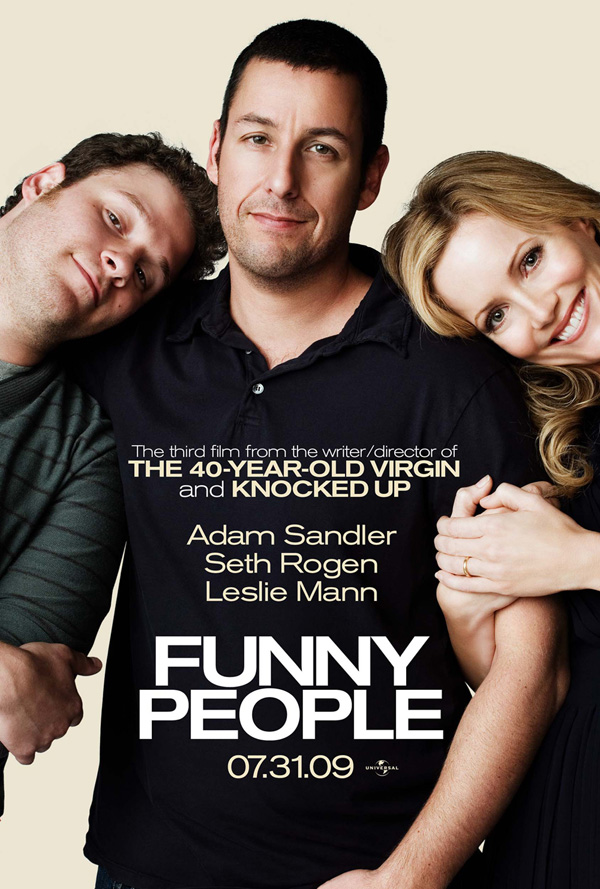Part 2 continued.
I have friends in the UK who are doctors, men and women who work in intensive and busy careers. (Like many salaried positions, things get exponentially better the longer you're in the system. And, like their counterparts in the US, UK doctors have to work such long hours for low reward at the start of their careers that many might ask if it's worth it.) But once they've been working for a while, they tend to live in nice houses, take a couple of good holidays a year, drive nice cars. According to the UK National Health Service’s own website, consultant doctors can earn the equivalent of between $120 000 and $285 000 depending on length of service and performance related awards. And of course, none of that salary needs to be used for personal health care costs.
And if that salary isn’t sufficient for the doctor’s wishes, no problem. The private health care industry in the UK is thriving too. If you really want a routine operation done a little more quickly, in a hospital with nicer décor, I’d recommend it. Plenty of surgeons who work for the NHS most of the time also do some evening and weekend work for private hospitals, supplementing their income by as much as $2500 per day.
This may all seem too simple – for these things are never just a matter of cash, many UK health professionals are discontent with this imperfect system, and my comments don't include the challenges of malpractice insurance (although the UK is a less litigious culture, and malpractice awards can always be capped by legislation). Yet how is it possible that the UK is able to provide universal, free at the point of use healthcare, with a significantly lower national average salary, and lower tax rates than the US?
Is it the fact that US infrastructure is broken? There’s certainly anecdotal evidence that government is often wasteful, and functions less efficiently than it should. (After three visits to my local Social Security agency, I still didn’t have clear answers to questions I’d been asking since last September.)
Is it the fact that many of my fellow (US) Americans have bought the lie that a service isn’t worth anything unless you’re paying for it? That the value of something is determined by its price? Maybe – one of the criticisms of the UK system that I hear most frequently is the assumption that ‘free’ means ‘not very good’. The fact that I have no tonsils, no skin cancer, my lower teeth haven’t collided with each other, and I can breathe at night are of course evidence to the contrary. I don’t think I would have been more quickly attended to, or given a better service if I had had to go into debt to pay for my healthcare.
The foundations of the mythical value placed on privatization in the US should be creaking, given the events of the last year (now that the government is a majority owner of General Motors and the financial industry only exists because two Presidents threw ‘em a few bucks til the weekend). But the belief that private industry always saves still seems to have the power of a religious dogma.
People will ask me how I think healthcare can be paid for in the future. Well, as someone with a gentler voice than I might say, I don't know much about the science book; but let me hazard a guess: Isn't it just possible that there's already enough money in the system to pay for basic healthcare provision for everyone? Money that might currently be being spent on other, less valuable things? Call me irresponsible, but maybe the huge outlay of funding for misguided militarism in the past eight years might have been better spent?
Ultimately, with a tax rate lower than the US, a national average income significantly lower, and a healthier population, the question has to be asked: if the UK and northern Ireland can do it, why can't we take care of our fellow human beings, as well as our own families, and ourselves through the provision of basic healthcare, free at the point of need?


 Cameron Frye: John Hughes' Alter-Ego?
Cameron Frye: John Hughes' Alter-Ego? Jett and I had the pleasure earlier today
Jett and I had the pleasure earlier today